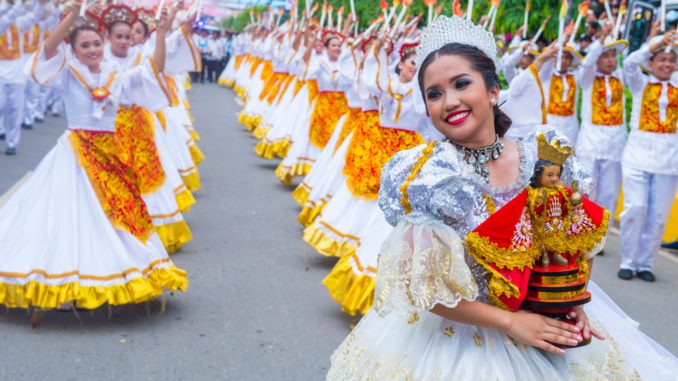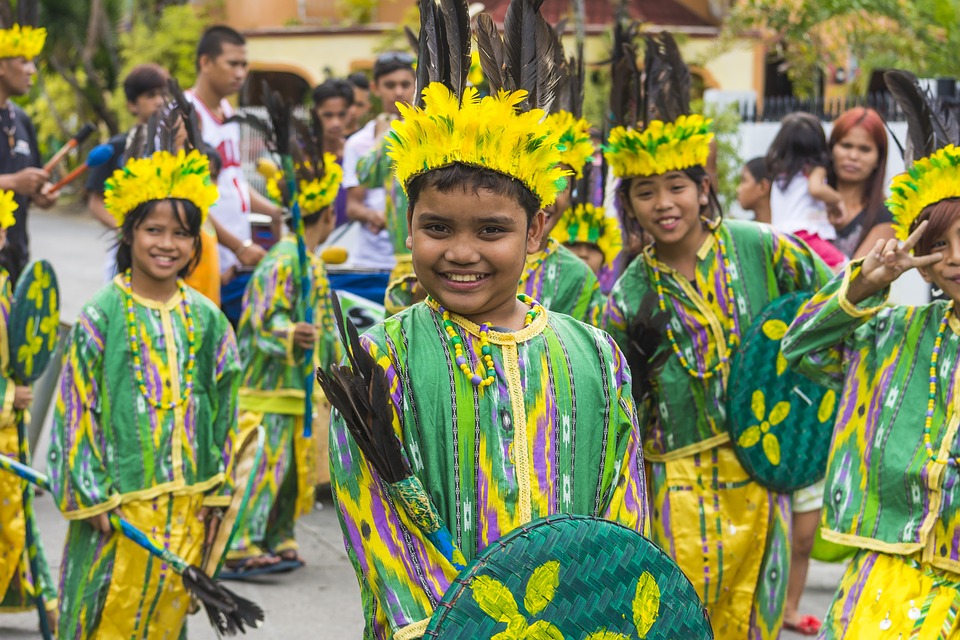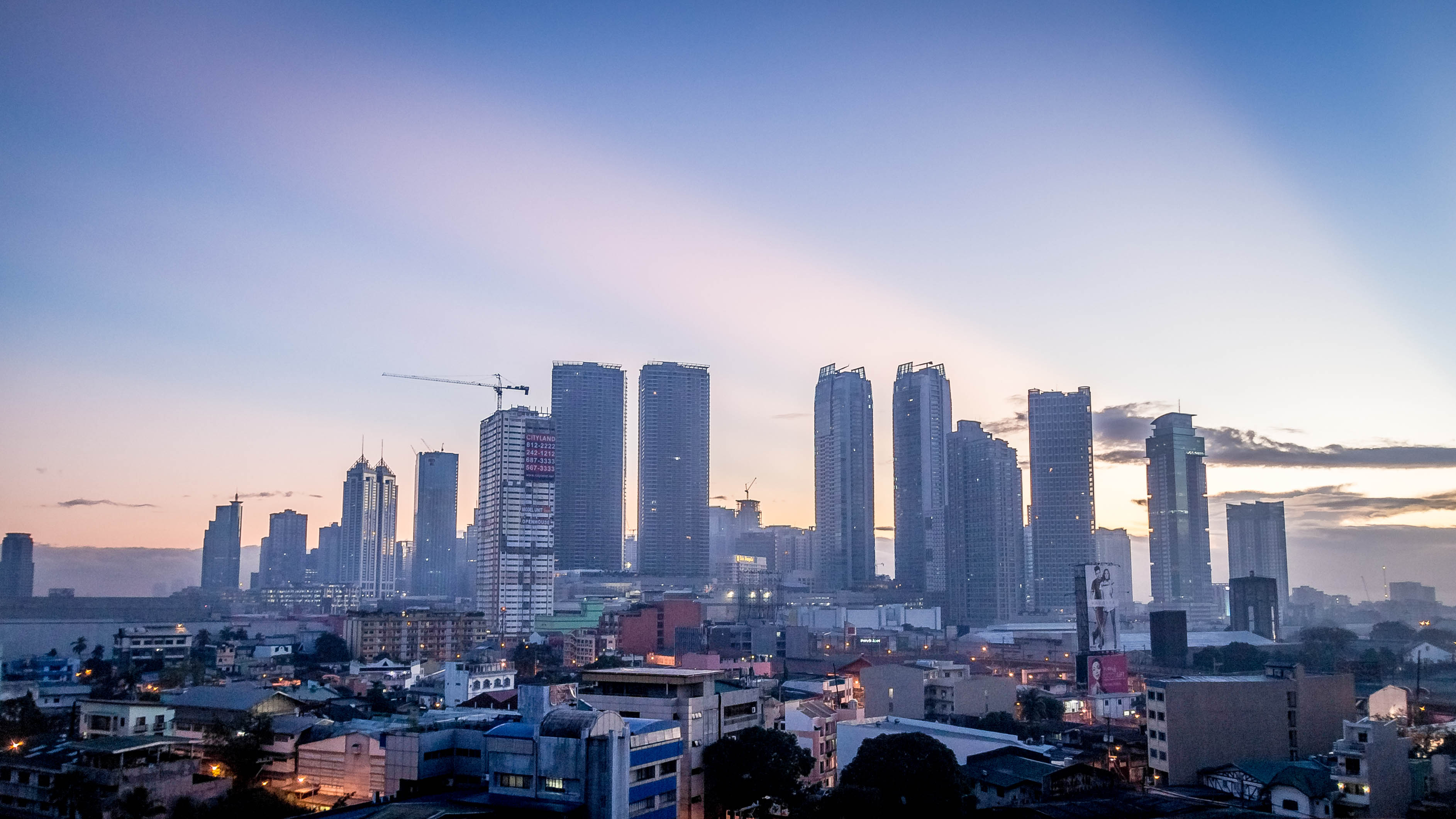
As I’m sure most of you are aware, The Philippines is host to a wide variety of festivals. These festivals are usually in place as an expression of thanksgiving and honour to a patron saint.
You have the MassKara festival in Bacolod City, Panagbenga Festival in Baguio City, and Kadayawn Festival in Davao City to name a few.
Then there is Cebu, which is home to the internationally renowned festival – Sinulog.
Now, for a quick recap:
In the era before Spanish colonisation, the island of Cebu was once known as Zubu. It was primarily inhabited by pagans and Islamic tribes. These tribes established a history of trade with other Asian countries long before the Spanish colonial era.
Sinulog Festival history: Origins of the Santo Niño
Historical records suggest the wooden statue of the baby Jesus was a gift from Ferdinand Magellan to the wife of Rajah Humabon. This was Cebu’s chieftain at the time of Magellan’s arrival to Cebu. The wooden statue, known as the Santo Niño, is still found on the island of Cebu to this day.
It’s kept in a secure location inside the Santo Niño and San Nicholas De Tolentino church. The Santo Niño became the symbol of friendship and the natives’ conversion to Christianity. The Sinulog festival of the Cebuano’s symbolises their unending devotion to the baby Jesus.
In Cebu, it is during Sinulog that the Cebuano’s honour the feast of Child Jesus, Santo Niño. It is believed the Child Jesus protects the whole province from natural calamities and other disasters. The Cebuano’s show their gratitude to Santo Niño through their faith and devotion, especially during its feast day.
The Sinulog experience: Cebu comes to life
While there are about a hundred major festivals in the country, Cebu’s Sinulog is one of the biggest. Filipinos from across the country look forward to this event. Locals work hard to prepare for the much awaited Sinulog Festival and the multitude of tourists that come with it. These tourists travel to Cebu to witness the grand annual celebration set for the 3rd Sunday in January.
The festivity on this premier island in the Central Visayas is divided into two parts – the religious practice and the celebrations.
A nine-day novena kicks off the Sinulog celebration. Millions of Santo Niño devotees from across the country attend the religious activities of the event. In fact, the authorities make it a point that all pilgrims who are struggling financially are accommodated in the Devotee City. It should be noted that most city hotels at this time are fully occupied. Thus, tourists planning to join the Sinulog fun must make their bookings early.
On the first Saturday of the celebrations, devotees wake up early for the Fluvial Procession. Then later in the afternoon the Solemn Procession is held. It is good to know both activities are always well attended despite their early start.

Cebu immersed in celebration
The streets are crowded with parties all over the city. Celebrities and politicians visit Cebu to be a part of the parade and further celebrations. The event runs for a month with the Grand Parade featuring the street dancing as the highlight.
You may be asking – What makes the Sinulog Festival so Successful?
A significant factor is the faith of the Cebuanos. While, yes, Cebuanos are in the mood to party during Sinulog. But still, the Basilica Minore del Sto. Niño is full during the celebration. This means Cebuanos do not forget the real essence of celebrating the feast in the birth of Christ.
Credit should be given to the Sinulog organisers for their efforts in lining up all activities. They take care of security and crowd control – a crucial part of the entire event. The contingents too deserve appreciation for continually improving on their dances, especially considering this is the main feature of the grand aprade.
But really any time of the year, the vibrant culture and scenery of the Philippines is always available for tourists and other visitors. For tourists, to be in the Philippines means to experience a vacation in a land which many call paradise. The country will surely entertain everyone. Especially those who have a love for excitement and adventure.
The country is culturally diverse, with many residents having Spanish, American, Chines4e, and Malay blood. The Philippine seas and beaches are indeed havens of white sands and charming beach houses or villas. The underwater landscapes are enough to captivate every fan of diving and snorkelling. The Philippines is a must-visit tourist destin ation for any keen traveller.
I recently had the pleasure of attending the Sinulog festival for the first time, read the summary of my experience here.





Be the first to comment